Safe or Slippery? Unveiling the Truth About Epoxy Flooring
Epoxy flooring has gained massive popularity in recent years, especially in spaces like garages, basements, and industrial areas. With its shiny finish, durability, and affordability, epoxy floors seem like the ideal choice for both residential and commercial spaces. But the question many homeowners and business owners ask is, “Is epoxy flooring safe or slippery?” The answer isn’t entirely straightforward. In this article, we’ll dig into the pros, cons, and nuances of epoxy flooring to help you decide if it’s right for your space.
What is Epoxy Flooring?
Epoxy flooring is created by applying a layer of epoxy resin to concrete floors. The process involves a mixture of resin and hardener that, once combined, forms a chemical bond to create a durable, plastic-like coating. This coating can withstand heavy foot traffic, resist stains, and maintain its glossy look for years. Epoxy floors are commonly found in industrial spaces, garages, hospitals, and even homes.
The Benefits of Epoxy Flooring
Epoxy flooring offers a range of benefits that make it a popular choice for various settings. One of its primary advantages is its exceptional durability. The strong chemical bond formed during the curing process makes epoxy floors highly resistant to wear, chemicals, and impact. With proper maintenance, an epoxy floor can last for 10 to 20 years or more, significantly outlasting traditional floor coatings.
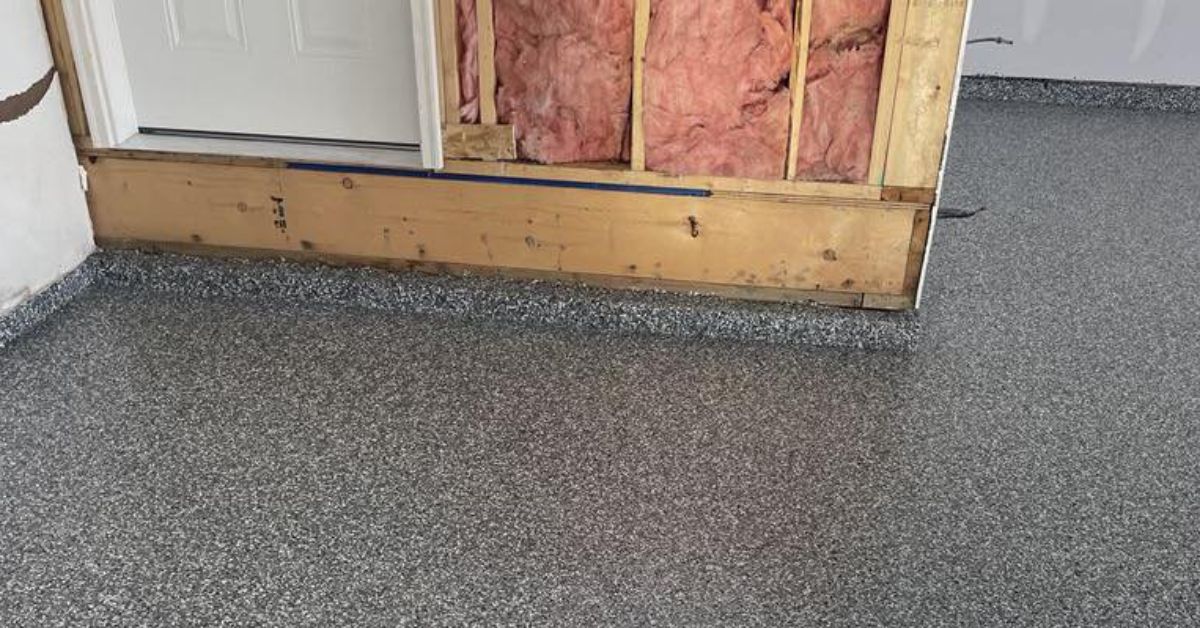 Beyond durability, epoxy flooring also offers a high level of aesthetic appeal. Its smooth, glossy finish instantly elevates the look of any space, adding a modern and polished touch. The availability of a wide range of colors and patterns, including metallic finishes, allows for customization to suit different tastes and styles. Furthermore, the non-porous surface of epoxy flooring makes it incredibly easy to clean and maintain. Dust, dirt, and spills can be wiped away effortlessly, reducing cleaning time and effort, especially in high-traffic areas like commercial spaces.
Beyond durability, epoxy flooring also offers a high level of aesthetic appeal. Its smooth, glossy finish instantly elevates the look of any space, adding a modern and polished touch. The availability of a wide range of colors and patterns, including metallic finishes, allows for customization to suit different tastes and styles. Furthermore, the non-porous surface of epoxy flooring makes it incredibly easy to clean and maintain. Dust, dirt, and spills can be wiped away effortlessly, reducing cleaning time and effort, especially in high-traffic areas like commercial spaces.
The Concerns Around Epoxy Flooring Safety
Epoxy flooring, while offering numerous benefits, does come with some potential drawbacks. One common concern is its slipperiness, particularly when wet. The smooth, glossy surface of epoxy floors, especially high-gloss variants, may not provide adequate traction, increasing the risk of slips and falls. This is especially concerning in areas where water or liquids are frequently present, such as kitchens, bathrooms, or entryways.
Another potential issue is the release of volatile organic compounds (VOCs) during installation. While these chemicals dissipate once the epoxy cures, exposure during installation can lead to short-term health effects like dizziness, nausea, and headaches. Proper ventilation is essential to minimize this risk. Additionally, epoxy flooring can be sensitive to extreme temperatures. Cold environments may cause the epoxy to become brittle and crack, while high temperatures can make it slightly tacky. For these reasons, epoxy flooring is generally more suitable for controlled indoor environments rather than outdoor settings.
Mitigating the Slipperiness of Epoxy Flooring
One effective way to enhance the safety of epoxy flooring is by incorporating non-slip additives. These additives, such as sand, aluminum oxide, or polymer grit, are mixed into the final layer of epoxy, creating a textured surface that improves traction without compromising the floor’s appearance.
For areas prone to moisture, such as entryways or bathrooms, using mats or rugs can provide additional slip resistance. This simple solution can significantly reduce the risk of accidents, especially when the floor is wet. Additionally, opting for a matte or satin finish instead of a high-gloss one can also help mitigate slipperiness. While matte finishes may not have the same visual appeal, they offer a safer alternative, particularly in areas with high foot traffic or potential water exposure.
Where Epoxy Flooring is Best Suited
Epoxy flooring, with its durability and easy maintenance, is well-suited for various spaces. Garages and workshops benefit from its resistance to chemicals and dirt. Industrial and commercial settings, such as warehouses and hospitals, appreciate its durability and customizable non-slip properties. Basements and laundry rooms can also benefit from epoxy’s ability to withstand occasional spills and moisture.
Installation Tips for Epoxy Flooring
Hiring a professional installer is crucial for achieving a flawless epoxy floor. While DIY kits exist, skilled professionals ensure proper ventilation, incorporate non-slip additives, and avoid mistakes that could compromise the floor’s durability and safety.
Before installation, thorough surface preparation is essential. The concrete surface must be meticulously cleaned to remove dust, oil, and old paint. A poorly prepared surface can lead to issues like bubbles or peeling in the epoxy layer over time. After application, allowing adequate curing time is vital. Rushing this process can weaken the floor’s durability and make it susceptible to scratches and cracks.
 Maintaining Epoxy Floors
Maintaining Epoxy Floors
Once installed, regular maintenance is key to preserving the safety and appearance of your epoxy floor. Regular sweeping or vacuuming helps remove dust and dirt, reducing the risk of slips. Mopping with a mild soap and water solution keeps the surface clean without compromising its grip. To avoid dulling the finish, avoid harsh chemicals and opt for gentle cleaners or vinegar solutions. Promptly addressing small scratches or chips with an epoxy repair kit prevents them from worsening.
Environmental Considerations of Epoxy Flooring
Epoxy flooring, while durable and long-lasting, has an environmental impact due to its petroleum-based components. While its longevity can reduce the need for frequent replacements and associated waste, its removal and disposal can be challenging. However, the industry is making strides in developing more eco-friendly alternatives that offer similar durability with a reduced environmental footprint.
Safety with Epoxy Flooring
Epoxy flooring offers an appealing mix of durability, aesthetic appeal, and easy maintenance, making it a popular choice for both residential and commercial spaces. However, as with any flooring option, it comes with some trade-offs. While its surface can be slippery when wet, this risk can be managed by adding non-slip additives, using rugs, or opting for a matte finish.
So, is epoxy flooring safe? Yes, with the right precautions, epoxy can be a safe and practical choice. If you’re in an environment where spills or water exposure are minimal, you may enjoy the sleek, easy-to-clean finish epoxy provides. For high-moisture areas, consider safety measures or alternative flooring options to minimize risks. With proper installation and maintenance, epoxy flooring can be a safe, durable, and stylish addition to your space.

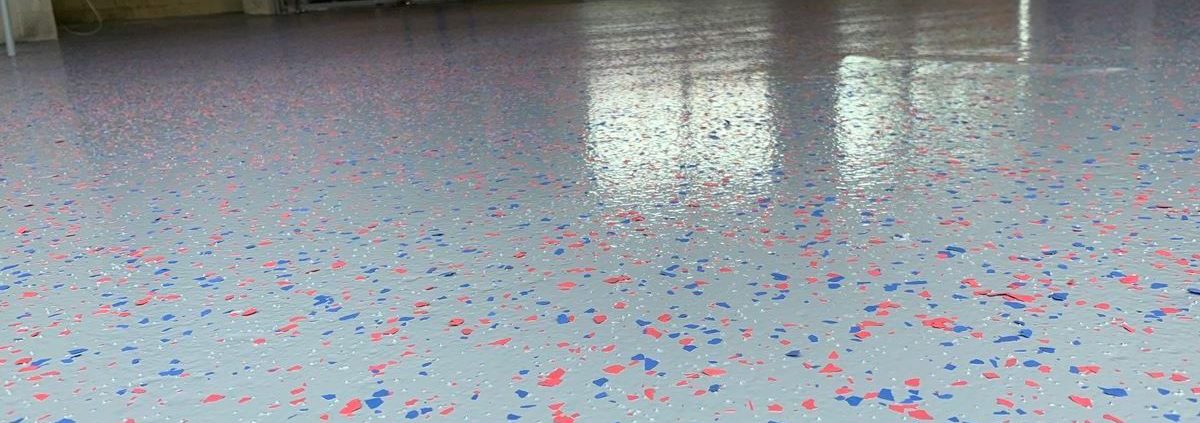
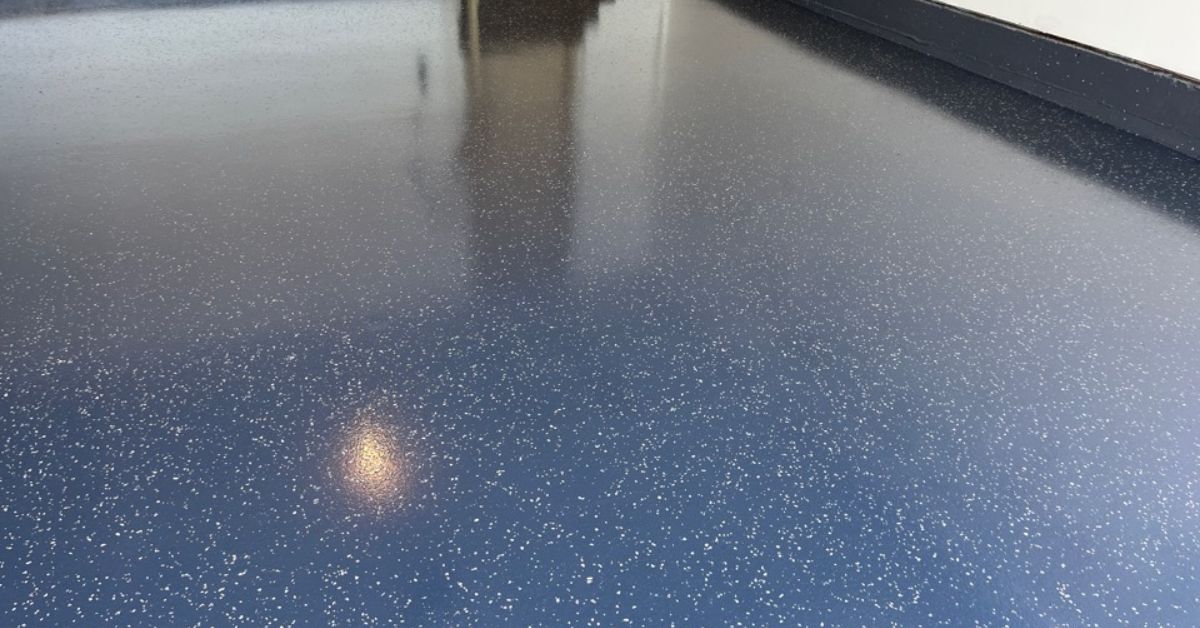 Maintaining Epoxy Floors
Maintaining Epoxy Floors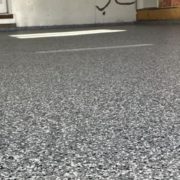
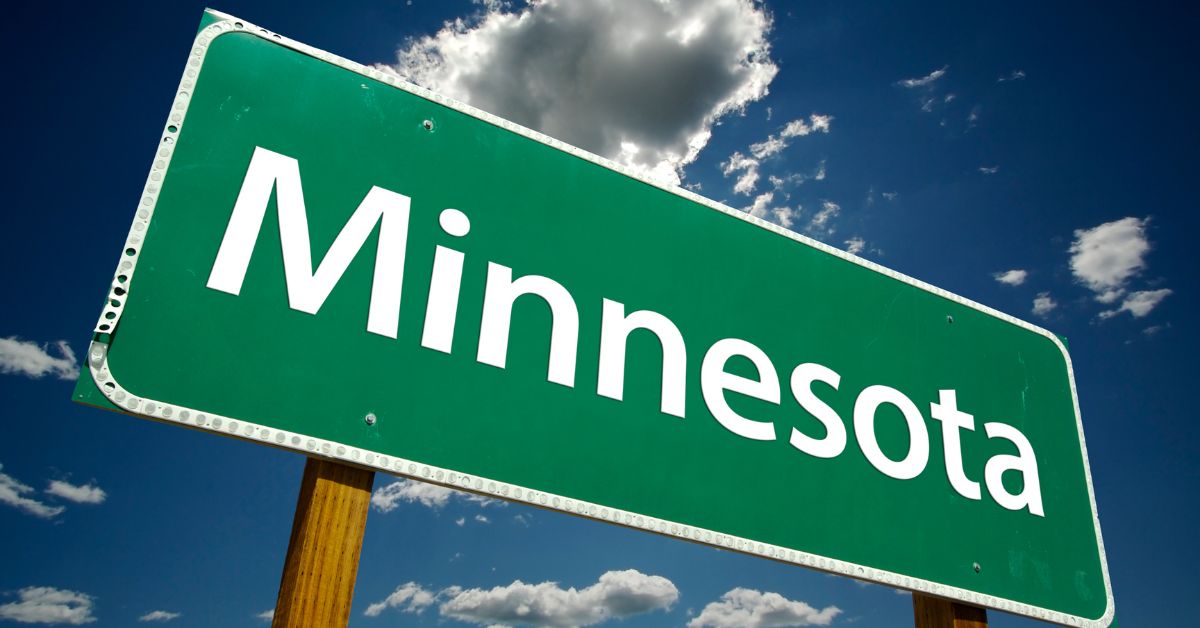
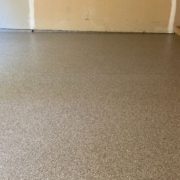
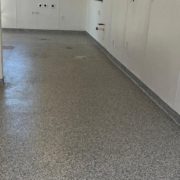
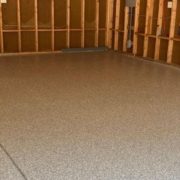
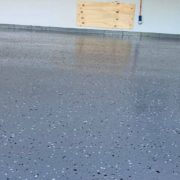

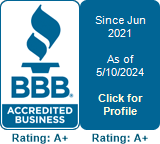



Leave a Reply
Want to join the discussion?Feel free to contribute!